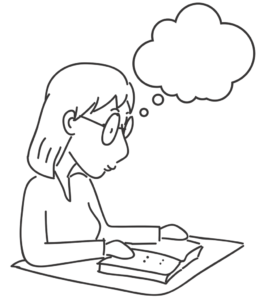What is stress?
Although we tend to think of stress as caused by external issues, issue in themselves are not stressful. It is the way in which we interpret and react to them that makes them stressful. People differ enormously in the type of events they interpret as stressful and the way in which they respond to such stress.
Stress is generally created when the demands made on a person start to exceed that person’s ability, or perceived ability to cope. Essentially a gap is created between what a person needs/wants to do, and what they feel they are able to do.
Many things or even the anticipation of them can lead to stress:
* Pressure to achieve/perform
* Problems at work
* Bullying
* Financial problems
* Arguments
* Family issues
* Divorce
* Bereavement
* Depression
* Unemployment
* Moving house
* Alcohol or drug abuse
Physical Symptoms of Stress may include:
* Tiredness
* Headaches
* Frequent colds
* Trouble sleeping
* Muscular aches/tension
* Nausea
* Sweating, feeling hot and bothered
Emotional and Mental Symptoms of Stress may include:
* Anger
* Anxiety
* Depression
* Irrational fears
* Mood swings
* Irritability
* Frustration
* Poor concentration
* Confusion
* Loss of sense of humour
* Negative thoughts
* Feeling of overwhelmed
* Feeling out of control
* Loss of motivation
Tackling stress
There are many strategies that can help you deal with stress:
* Realise that it is ok to be stressed and cut yourself some slack
* Try to understand what stresses you and why
* Avoid obvious stressful confrontations/situations
* Learn to be more assertive
* Take regular exercise
* Reduce alcohol
* Eat a balanced healthy diet
* Recognise your limits and learn to say no
* Organise your time better
* Keep your work/home space organised and tidy
* Talk to friends or family
* Listen to relaxing music, or read
* Take time out to relax
If your stress level is making it impossible for you to function as normal, it is perhaps worth seeing your GP as extreme or long-lasting stress can be very bad for your health, not to mention your relationships, so it is better to see a doctor sooner rather than later. Your GP can then advise you on the best course of action.






